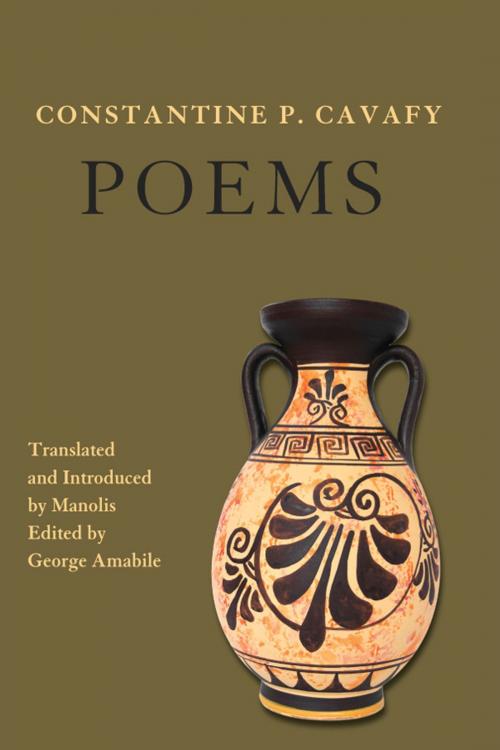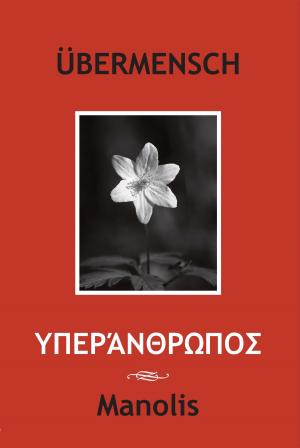| Author: | Manolis | ISBN: | 9781465910851 |
| Publisher: | Libros Libertad Publishing | Publication: | December 16, 2011 |
| Imprint: | Smashwords Edition | Language: | English |
| Author: | Manolis |
| ISBN: | 9781465910851 |
| Publisher: | Libros Libertad Publishing |
| Publication: | December 16, 2011 |
| Imprint: | Smashwords Edition |
| Language: | English |
Translations, like everything else, wear out over time, as language, and those who read or use it, change. With a poet like Cavafy, who was so precisely tuned to the idiom of his peers, it is even more important to update the English versions of his poems frequently, so that they have the same immediate resonance with the times as the originals had with their time. This is, of course, an impossible task. There is no single word, much less any phrase, that has exactly the same weight and hierarchy of primary and secondary meanings in another language. Add to that the differences in sound patterns and rhythmic signatures or emphases, and it becomes clear that the best one can do is to approximate, sometimes by straying from the awkwardness of literal, dictionary definitions, the poetic effects of the original poems. Robert Lowell called his attempts "Imitations" and I think that the ambition and humility of that designation makes it a more or less accurate label for what is presented here, English versions of a celebrated body of work that could never have been written in English, much less in Canadian English with our vastly different history and culture, different even from the English that evolved in Britain over many centuries. Certainly there are problematics that have remained unresolved, and occasional passages of unavoidable clumsiness, but we have tried to approximate both Cavafy's intimate, precise sense of idiomatic speech, and his consummate ear for traditional forms revitalized by the Demotic Greek of Alexandria. If we haven't fully succeeded, our hope is that something of the poet's distinctive genius and skill remains, and remains accessible to our readers, if only as a trace element here and there, or in the cumulative force of the book as a whole.
– George Amabile, Editor
Translations, like everything else, wear out over time, as language, and those who read or use it, change. With a poet like Cavafy, who was so precisely tuned to the idiom of his peers, it is even more important to update the English versions of his poems frequently, so that they have the same immediate resonance with the times as the originals had with their time. This is, of course, an impossible task. There is no single word, much less any phrase, that has exactly the same weight and hierarchy of primary and secondary meanings in another language. Add to that the differences in sound patterns and rhythmic signatures or emphases, and it becomes clear that the best one can do is to approximate, sometimes by straying from the awkwardness of literal, dictionary definitions, the poetic effects of the original poems. Robert Lowell called his attempts "Imitations" and I think that the ambition and humility of that designation makes it a more or less accurate label for what is presented here, English versions of a celebrated body of work that could never have been written in English, much less in Canadian English with our vastly different history and culture, different even from the English that evolved in Britain over many centuries. Certainly there are problematics that have remained unresolved, and occasional passages of unavoidable clumsiness, but we have tried to approximate both Cavafy's intimate, precise sense of idiomatic speech, and his consummate ear for traditional forms revitalized by the Demotic Greek of Alexandria. If we haven't fully succeeded, our hope is that something of the poet's distinctive genius and skill remains, and remains accessible to our readers, if only as a trace element here and there, or in the cumulative force of the book as a whole.
– George Amabile, Editor















